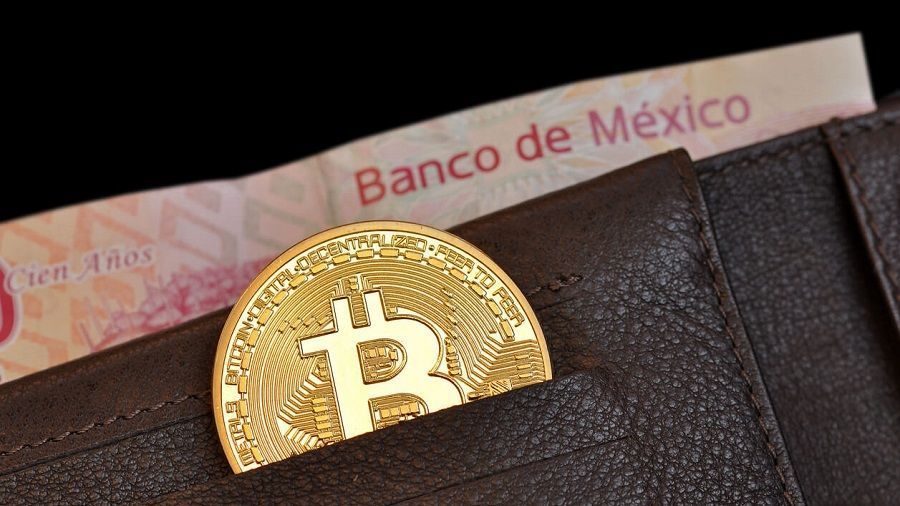The Governor of the Bank of Mexico says Bitcoin transactions are “like barter” – News Sept 10

Bank of Mexico Governor Alejandro Díaz de León dismissed the notion of Bitcoin (BTC) as a credible legal tender, citing price volatility as the main obstacle to formal adoption.
Governor Díaz de León said in an interview with Reuters that Bitcoin’s place in the financial system today is like a “precious metal one-way street” compared to the central bank’s fiat money.
In stark contrast to El Salvador’s mainstream Bitcoin rollout, which required businesses to accept payments in Bitcoin, Mexico’s central bank chief questioned Bitcoin’s position as a viable legal tender. :
“Anyone who receives Bitcoins in exchange for a good or a service is, in our opinion, more of an exchange transaction because this person exchanges a good for a good, but is not money for good.”
Díaz de León also highlights the inherent risk of daily price fluctuations when dealing with cryptocurrencies. Coincidentally, the Salvadoran government witnessed this risk just a day after it recognized Bitcoin as legal tender and purchased the first 200 BTCs worth $ 10.4 million at the time of purchase.
El Salvador’s President Nayib Bukele took advantage of this situation and announced additional purchases of Bitcoin during the decline, resulting in a total inventory of 550 BTC. According to Chairman Bukele, Move saved his administration “a million sheets of printed paper.”
The governor of Mexico’s central bank noted the need for reliability in terms of payment terms and value, saying that “people don’t want their purchasing power, their wages, to go up or down 10% every day.” You don’t want volatility in purchasing power. In that sense, it’s not a good defense of worth. “
Related: Mexico may not follow El Salvador’s example of Bitcoin …
As Cointelegraph reported on June 28, authorities at Mexico’s Treasury Department have warned against institutional services related to digital currencies, highlighting the risks associated with payments and fluctuations in value.
Regulators have also said no financial institutions in the country are allowed to conduct and deploy “public operations on virtual assets,” including Bitcoin, Ether (ETH), and XRP.
.






















